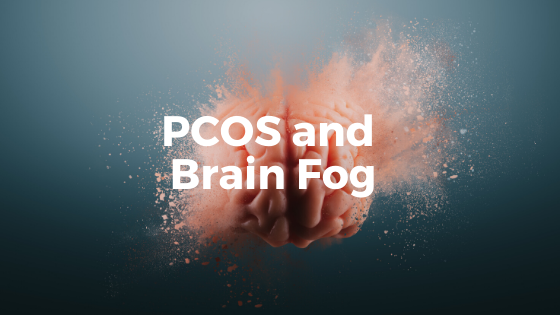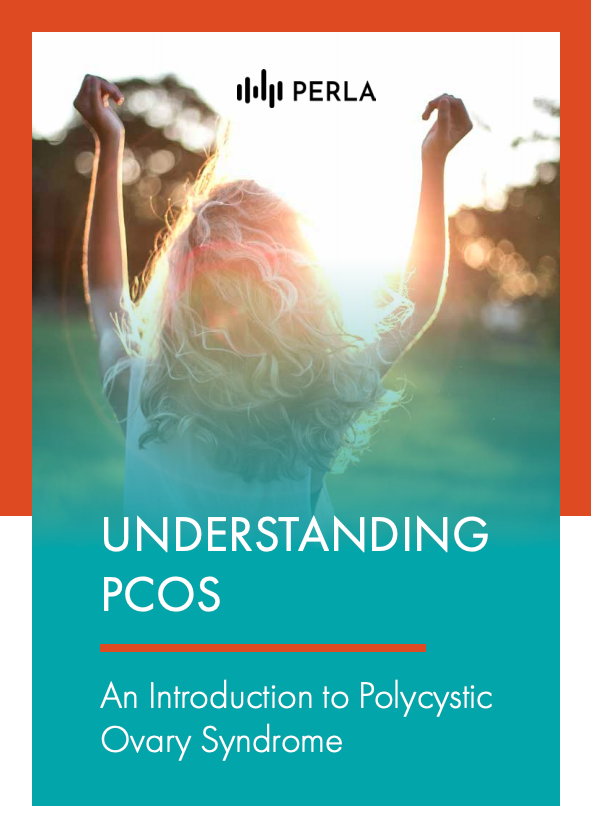Brain fog is a tricky term. Some call it scatterbrain, fuzzy-thinking, or being distracted and unfocused. Some people simply say their brains are not working properly. Mental health practitioners may refer to this as “mild cognitive impairment,” which doesn’t really give a clearer view of what brain fog is. It seems like the brain, though exceptional, is never one hundred percent reliable. Let’s find out why.
Why You May Have Brain Fog
Brain fog is not a disorder, but rather a general term for a set of symptoms of other medical conditions. It is a type of cognitive impairment which is not fully understood but often described as1:
- Slow thinking
- Difficulty focusing
- Forgetfulness
- Confusion
- Lack of concentration
- Haziness in the thought process
We all have had our fair share of foggy brain days: taking forever to remember someone’s name, unable to concentrate on work tasks for long enough, or getting bogged down with too much information.
Having some sort of mental fatigue once in a while is normal. Constant brain fog, however, can be a sign of an underlying condition.
For instance, brain fog is common among PCOS patients because of a number of conditions associated with the syndrome. These may include sleep apnea, mood disorders, abnormal hormone levels, and blood sugar spikes and dips due to insulin resistance.
If you have PCOS and lack focus or unable to think clearly, discuss your symptoms with your primary care physician or your PCOS care team. You may need to incorporate changes in your daily routine or seek a referral for further evaluation.
Causes of Brain Fog
- Underactive Thyroid Gland: Low levels of thyroid hormones are associated with concentration and attention problems, mood alterations, and poor memory.2
- Obstructive Sleep Apnea: Sleep deprivation can damage neurons and cause structural brain changes that can lead to memory loss and other complications.3,4
- Hormonal Changes: Cortisol and the sex hormones testosterone, estrogen, and progesterone are associated with cognitive function.5 Fluctuating hormones, especially in women, can lead to changes in the structure of the brain. Mood and energy shifts are also influenced by estrogen and progesterone.
- Iron Deficiency: Low iron stores affect memory, attention, and learning.6
- Diet: Eating nutritious foods—those high in vitamins and minerals— can protect and nourish the brain. A diet high in refined sugar is harmful to the brain because it promotes inflammation and oxidative stress.7
- Medications: Some prescription medicines can affect memory and cause forgetfulness. These include chemotherapy drugs, hormonal contraceptives, anti-allergy medications, and sleep medicines.
What You Can Do About It
Change Your Diet
Your body needs the right mix of macronutrients such as carbohydrates, fat, and protein, which are burned as fuel, and micronutrients such as vitamins, minerals, and antioxidants. Foods that are good for brain health are those that also protect the heart and blood vessels.
Make sure to avoid or reduce the consumption of processed and nutrient-deprived food that are high in sugar, saturated fat, and artificial preservatives. They can sap your energy and increase inflammation. Eat more of these:
- Green leafy vegetables: spinach, broccoli, kale, collards
- Berries: blueberries, strawberries, raspberry
- Fatty fish: salmon, trout, tuna, mackerel
- Nuts: walnut, almond
Be Active
Aside from maintaining a healthy body weight, regular exercise is even more beneficial to your brain. It’s effective in boosting energy and fighting both anxiety and depression. An inactive lifestyle slows down metabolism which also affects the elimination of free radicals. High amounts of free radicals are linked with functional decline in the aged brain and also play a role in the development of neurological disorders.8
Basic activities such as taking a walk and doing household chores can help you stay on track with your fitness plans. Regular exercise, at least 120 minutes of moderate-intensity in a week, improves memory and thinking skills by boosting blood flow to the brain.9,10
Get Enough Sleep
The best way to keep your mind sharp and active is to take care of your body. Sleep impacts almost all tissue in our bodies. During sleep, the brain engages in a number of processes necessary for life. We need sleep to re-energize, repair cells, get rid of toxic waste, strengthen our immune system, and more.
Chronic sleep deprivation has been the new normal and this can lead to serious consequences. Lack of sleep increases the production of the stress hormone cortisol, which signals the brain to store belly fat. Sleep deprivation also increases the risk of heart disease, diabetes, and other chronic conditions.11
Memory problems, mood disorders, and trouble with thinking and concentration have also been linked with poor sleep. The recommended daily amount of sleep for adults aged 18 years and older is 7 to 8 hours.12
Conclusion
Brain fog can be caused by many different things, such as hormonal changes, your iron levels or diet. If you are feeing symptoms of brain fog, such difficulty focusing, forgetfulness, confusion or lack of concentration, make sure to discuss it with your primary care doctor or PCOS care team. They can then find out more about what causes it, and help you to find ways to improve it.
Sources:
- Ocon AJ. Caught in the thickness of brain fog: exploring the cognitive symptoms of Chronic Fatigue Syndrome. Front Physiol. 2013;4:63. Published 2013 Apr 5. doi:10.3389/fphys.2013.00063
- Samuels MH. Psychiatric and cognitive manifestations of hypothyroidism. Curr Opin Endocrinol Diabetes Obes. 2014;21(5):377-383. doi:10.1097/MED.0000000000000089
- Joo EY, Tae WS, Lee MJ, et al. Reduced brain gray matter concentration in patients with obstructive sleep apnea syndrome. Sleep. 2010;33(2):235-241. doi:10.1093/sleep/33.2.235
- Macey PM. Is brain injury in obstructive sleep apnea reversible?. Sleep. 2012;35(1):9-10. Published 2012 Jan 1. doi:10.5665/sleep.1572
- Ali SA, Begum T, Reza F. Hormonal Influences on Cognitive Function. Malays J Med Sci. 2018;25(4):31-41. doi:10.21315/mjms2018.25.4.3
- Murray-Kolb LE, Beard JL. Iron treatment normalizes cognitive functioning in young women. The American Journal of Clinical Nutrition. 2007;85(3):778-787. doi:10.1093/ajcn/85.3.778
- Eva Selhub MD. Nutritional psychiatry: Your brain on food – Harvard Health Blog. Harvard Health Blog. Published April 5, 2018. https://www.health.harvard.edu/blog/nutritional-psychiatry-your-brain-on-food-201511168626
- Gadoth N. Free radicals: their role in brain function and dysfunction. Oxidative Stress and Antioxidant Protection. Published online January 29, 2016:21-38. doi:10.1002/9781118832431.ch3
- Godman H. Regular exercise changes the brain to improve memory, thinking skills – Harvard Health Blog. Harvard Health Blog. Published April 5, 2018. https://www.health.harvard.edu/blog/regular-exercise-changes-brain-improve-memory-thinking-skills-201404097110
- Mortimer JA, Stern Y. Physical exercise and activity may be important in reducing dementia risk at any age. Neurology. 2019;92(8):362-363. doi:10.1212/wnl.0000000000006935
- National Institute of Health. The Benefits of Slumber. NIH News in Health. Published April 4, 2018. https://newsinhealth.nih.gov/2013/04/benefits-slumber
- NIH. Sleep Deprivation and Deficiency | National Heart, Lung, and Blood Institute (NHLBI). Nih.gov. Published November 5, 2018. https://www.nhlbi.nih.gov/health-topics/sleep-deprivation-and-deficiency


